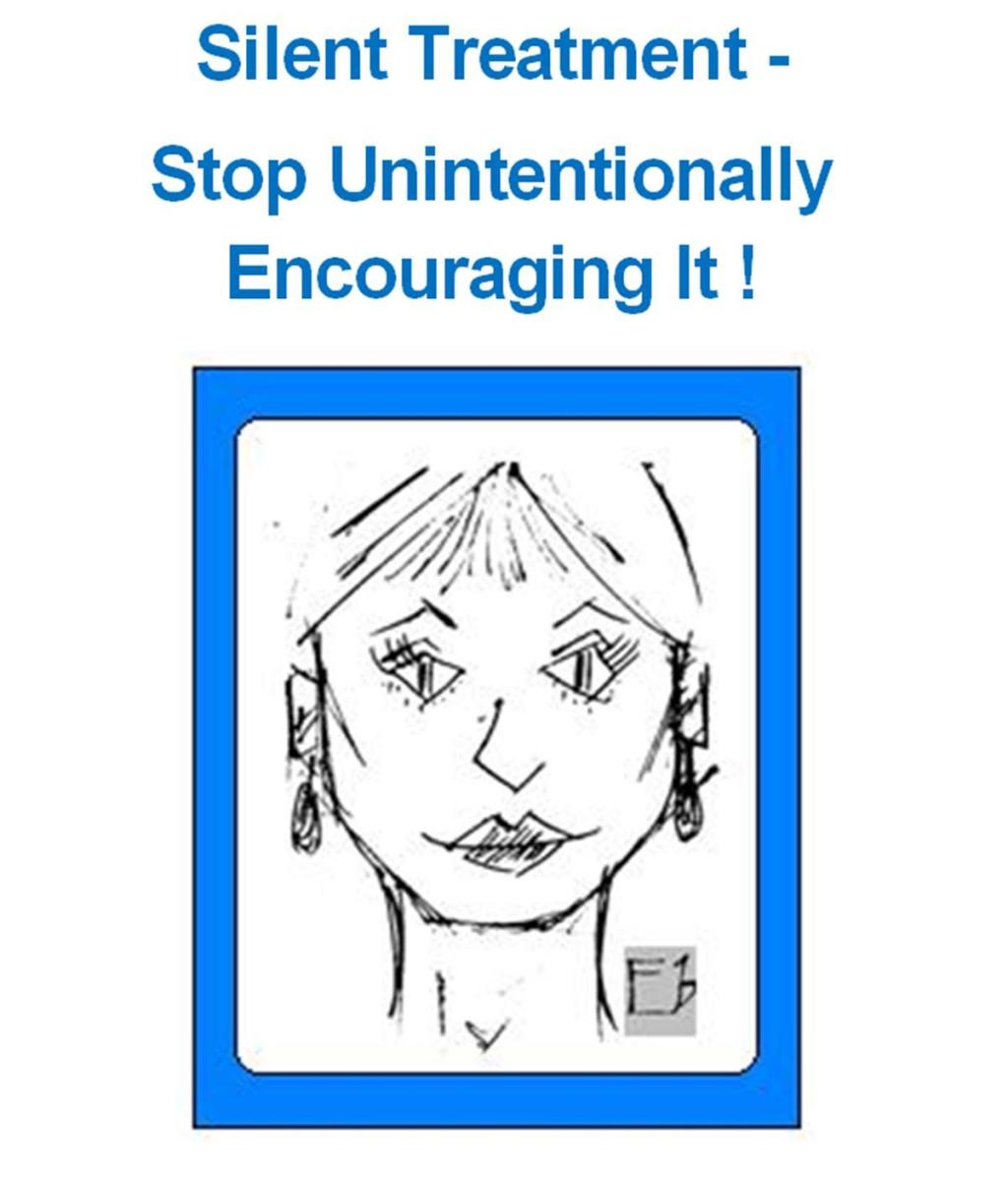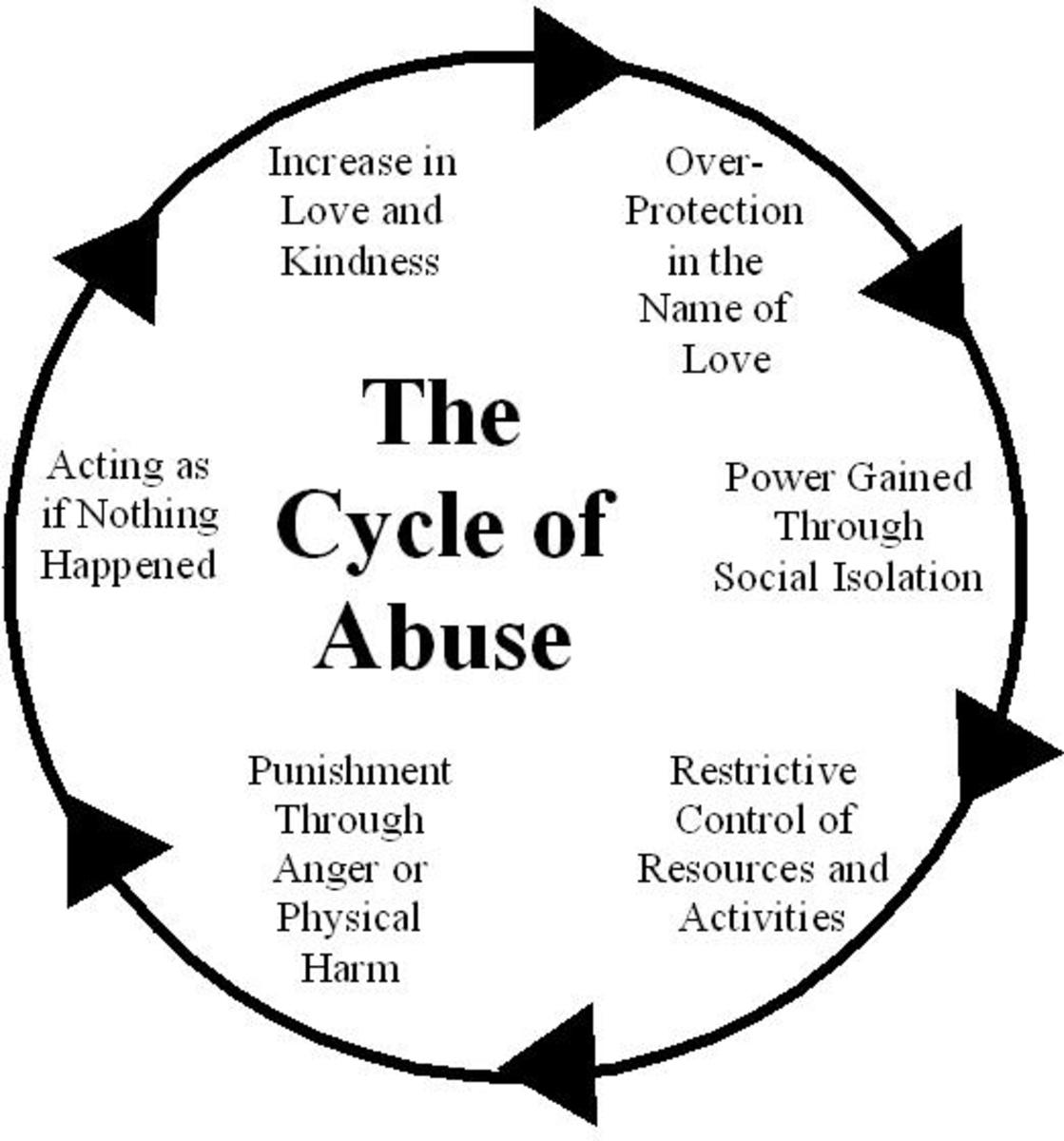Recognizing Emotional Abuse
What is emotional abuse?
Abuse is all about control ~ an imbalance of power that leads one person to dominate another. None of us say to ourselves, “I am going to willingly enter into an abusive relationship” ~ at least I hope not. However, many of us have found ourselves fully engaged and entrapped in such a relationship.
Not all forms of abuse are physical. People can experience emotional or psychological abuse. Emotional abuse is control that is enacted without overt or direct violence. It can come in many forms ~ from aggressive emotional attacks to subtle manipulation.
Whether or not we may realize it, emotional abuse is a type of violence onto another person. Emotional abuse is designed to control and beat you down emotionally so that you are weak and unable or less willing to stick up for yourself. In such a relationship, you might find yourself “walking on eggshells” to avoid attracting the other person’s attention and causing a negative reaction.
Aggressive types of emotional abuse . . .
- yelling and snapping at you with no warning, berating you, verbal attacks that leave you in tears
- being overly critical and putting you down, especially in front of others ~ putting down your ideas, thoughts and dreams
- false accusations, accusing you of wrongdoing and offenses, finding fault
- stalking and following you to see if you are doing what you said you were doing, showing up at your work or house or when you are out with others
- threatening to hurt those you care about, threatening violence to you
- enacting violence against your pets or destroying your possessions, committing violent acts in your presence
- relentless teasing, making fun of you and everything you care about
These acts are all committed in a loud and overt way, often in front of other people.
Subtle acts that may not be obvious to outsiders . . .
- excessive texting, calling and checking up under the pretense of being "worried" about you
- isolating you from family and friends, saying that they want you all to themselves, making you cancel plans with others out of guilt
- withholding affection, being cold and distant
- silent treatment, getting mad and refusing to speak for long periods of time as "punishment" for a perceived wrongdoing
- telling you how to dress and what to think and what to do
- minimizing your concerns, opinions, and thoughts ~ dismissing your feelings as if you have no right to them
- neglect, ignoring you for long periods of time and failing to meet any of your needs in the relationship
- controlling all the finances, making you turn over your paycheck to the "family account" and giving you an "allowance" that is insufficient, questioning your purchases and not checking with you on big item purchases
- preventing you from doing what you want ~ working, spending money, going out
These subtle attacks are often committed under the guise of "protecting" you or looking out for your best interests as if you should be grateful for these gestures and not upset. As a result, the person will deny that they are trying to control and instead accuse you of being cruel or unappreciative or even dismiss you as "crazy."
In conclusion . . .
It is hard to leave an emotionally abusive relationship because the abuse has a way of tearing down your self-esteem, making you feel worthless so that you are more easily controlled. The scars are lasting as you have to take the time to restore yourself and find yourself again, making you weary of trusting others or in danger of repeating the emotionally abusive relationship pattern. Knowing the typical characteristics and behavioral patterns involved in emotionally abusive relationships can help you know when to get out and end the relationship. You can take this quiz find out some of the feelings of an emotionally abusive relationship. You don’t have to buy the book at the end of the quiz. This quiz is just an interesting walk through of some of the feelings associated with a psychologically abusive relationship.









